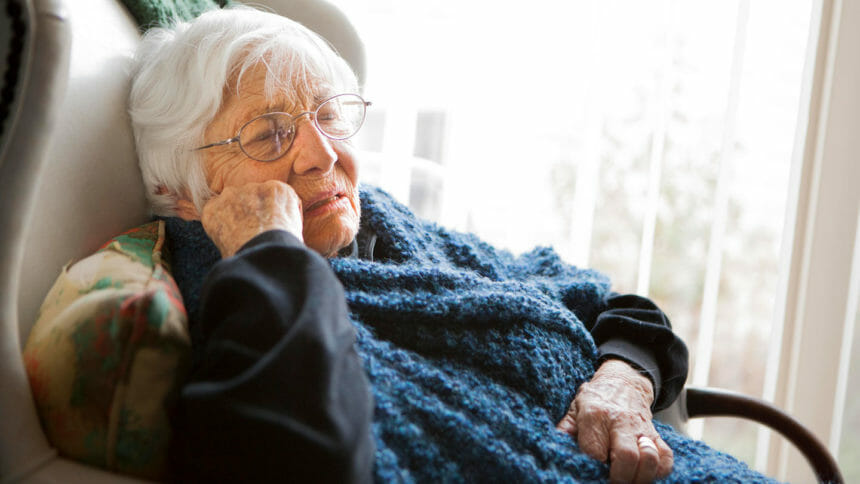
It may be a busy season when many people feel run down, but that’s the tip of the iceberg for about 3.3 million Americans who have chronic fatigue syndrome.
According to the latest estimates from the US Centers for Disease Control and Prevention, the number of people with chronic fatigue syndrome is larger than previous research has estimated. The percentage of older adults with it increased with age through the 60- to 69-year-old age bracket, then went down when people hit 70, the data showed.
Long COVID could be the culprit behind some of the rise in cases, as one of the symptoms is fatigue, the CDC said. The CDC’s data comes from a survey on about 57,000 adults in the United States during 2021 and 2022. People were asked if a doctor or other healthcare professional had ever told them they had myalgic encephalomyelitis or chronic fatigue syndrome, and whether they still have it. About 1.3% of the respondents said yes to both questions.
There was less of a gap between women and men than some previous research implied, and there wasn’t much of a difference between white and Black people. A higher percentage of poor people said they had it than affluent people, the report found.
The syndrome is more common in women compared to men, and more common in white people compared to other racial groups. The findings align with earlier research.
Doctors classify chronic fatigue syndrome as being severely exhausted — and not finding relief when you sleep — for at least six months. People who have it aren’t just tired; they may be in pain, possess brain fog and have other symptoms that seem to get worse after physical activity.
There’s no blood test or scan to diagnose it, and there’s no cure. Doctors aren’t sure what causes it either. Some say that people may have a persistent reaction to an infection or other impairment in their immune systems.
About 40 years ago, cases increased in Nevada and New York. At the time, some physicians thought it was a psychosomatic issue; many still do.
People with chronic fatigue syndrome “traditionally tend to have a little more access to healthcare, and maybe are a little more believed when they say they’re fatigued and continue to be fatigued and can’t go to work,” Brayden Yellman, MD, a specialist at the Bateman Horne Center in Salt Lake City, Utah, said in a Fox News article.
Daniel Clauw, MD, director of the University of Michigan’s Chronic Pain and Fatigue Research Center, said in a Fox News article that only a portion of the people with chronic fatigue syndrome are diagnosed.
“It’s never, in the U.S., become a clinically popular diagnosis to give because there’s no drugs approved for it. There’s no treatment guidelines for it,” Clauw said.





